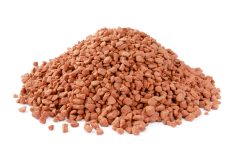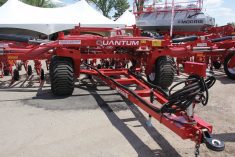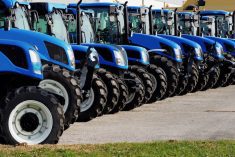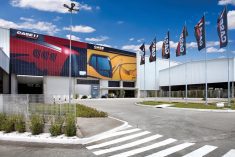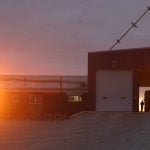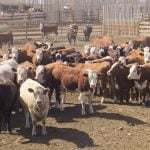Imagine — even if it looks unrealistic — that one day Canada will be cut off from the rest of the world.
And all import deliveries to the country will be possible, for example, only through Alaska, only by trains along one route. It sounds absurd, but Ukraine, in the very heart of Europe, is in a similar situation today.
At one point, before the farmers of Ukraine had adopted the latest technology, that might not have hit them as hard or as early.
But for many years now, they’ve been using the same machinery, pesticides and fertilizers that other commercial farmers around the world use.
Read Also
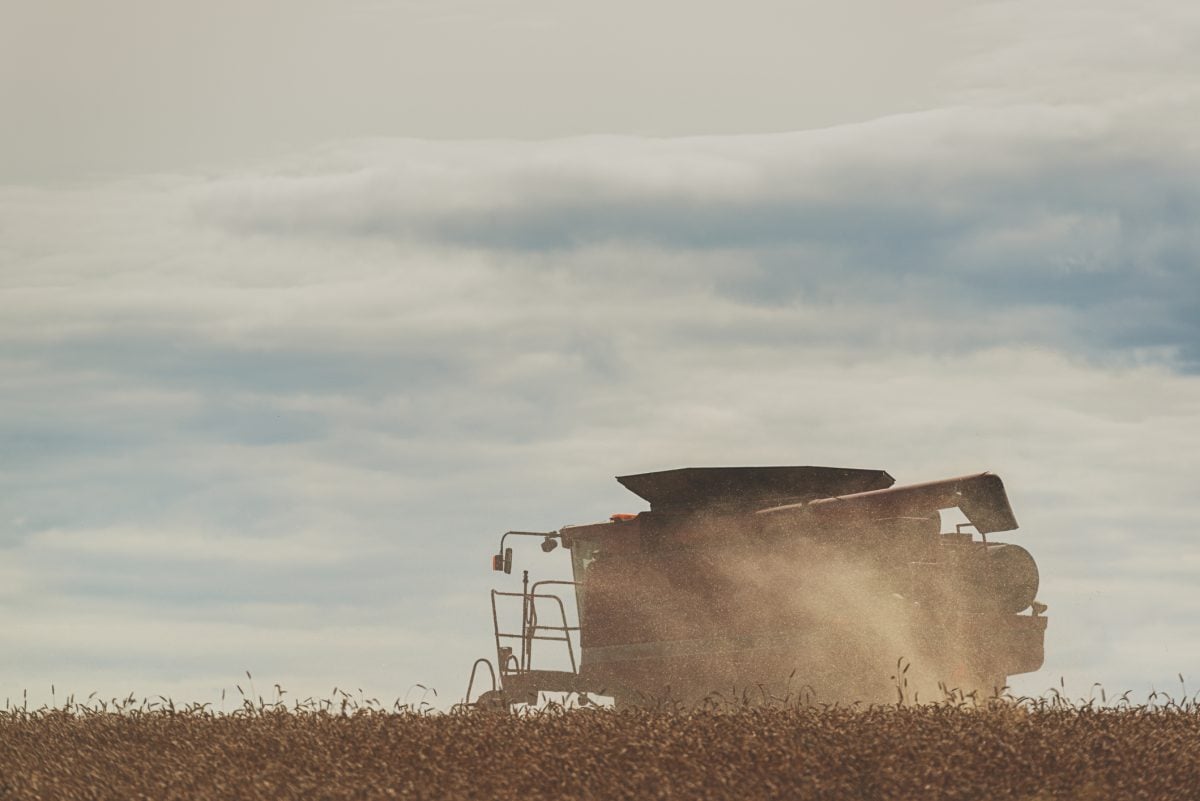
Russia’s top agriculture official blames low global grain prices for export slowdown
Low global prices for grains, Russia’s main agricultural commodity, have caused a sharp fall in exports in recent months.
Each global manufacturer has established its branches in Ukraine and concluded agreements with dealers. Each dealer built its own service centres throughout our country and offered farmers excellent conditions for co-operation.
This allowed farmers to do what they do best — work on their farms, producing their crops. The local agriculture businesses managed the flow of spare parts and inputs from abroad and repaired the equipment and ensured inputs were available when needed.
This system worked fine for many years in a row. And when such a cautious person as, for example, I asked the question, “what if the war starts?” they laughed at me. What kind of war? American, German, French agricultural machinery, pesticides of world-famous brands — this is the best thing a farmer can buy. He can work quietly and earn money. Why should he think about industry and the economic security of the state? Let the government worry about it.
But today, a Ukrainian farmer thinks every minute where to find spare parts (which are produced in China, Italy or Germany), herbicides, seeds, nitrogen fertilizers, and even where to buy fuel for tractors. After all, most of all these resources are imported to Ukraine.
For example, in our country there are six large oil refineries. However, almost all of them did not work, and we imported diesel fuel and gasoline from Belarus — the country from which the Russian army fires missiles at us every day.
At the same time, although Ukraine has its own factories for the production of agricultural machinery and fertilizers and has its own good selection of crops, it was believed that all this was unpromising. Allegedly, it is better to buy everything abroad and choose the best. Now even agricultural machinery made in Ukraine in the majority cannot be produced without imported components.
You may think this doesn’t apply to Canadian farmers, but while the underlying reasons are different, the end result is very similar.
About 30 years ago, big business in North America and Europe decided that it was profitable to move factories to other countries. This is how tens of thousands of modern enterprises appeared in China and other Asian countries. The idea then seemed just great — pay less taxes, lower wages for workers and sell part of the manufactured products right on the spot. Moreover, many manufacturers scattered their factories around the world. For example, different parts for the same tractor model can be produced simultaneously in China, Turkey, Brazil, Russia and Italy, while the tractor itself is produced in the U.S. or Germany.
By the way, Russia took advantage of this situation very well. Almost all the world’s leading car manufacturers have built their factories in that country. They were attracted by tax incentives, as well as guaranteed sales of manufactured products. As a result, Russia attacked Ukraine using military equipment with components from well-known world manufacturers. Yes, most of these companies left the Russian market, but the factories, equipment and specialists remained. A well-known brand is good, but machinery is made in factories, not on the stock exchange.
In connection with the globalization of production, the role of logistics has increased dramatically. Containers with components had to move around the world. And in order for you to get a ready-made tractor for work, a huge complex puzzle must be formed. This puzzle depends on a million things: weather, politics, various restrictions, and more.
We saw that globalization is not always good two years ago, when logistics around the world were disrupted due to quarantine restrictions. This still hasn’t recovered, and now as we see, this war is further disrupting them. Consider what a wider war or further unknown disruption could mean.
Then the farmer may suddenly find out that the filters needed to run his tractor are made in China. And to bring them in the near future is simply impossible. After that, the farmer will ask: Is it not possible to produce them in our country? After all, there is nothing complicated in the design of the filter. They will answer him: Well, it used to be not so profitable compared to the production of filters in China. And now it takes a lot of time to create production capacity here.
I do not want to scare Canadian readers with war — it his my hope you will never see this horror. But we must understand that the world is not as predictable as we would like it to be.
The day before I heard the rocket explosions on Feb. 24, 2022, there were only two things I cared about: what kind of vacuum cleaner should I choose, and how best to plan the yard near my new house.
Now I am most interested in whether I will be able to feed my family in a month, two or six months, and in general — whether we will be alive by this time.
This also applies to the country as a whole. We must be sure that the national economy, and in particular the agricultural sector, will work in any case. Such large agricultural countries of the world as Ukraine or Canada must fully provide themselves with resources for farmers. Farmers should not depend on filters, bearings and pesticides being brought in from the other side of the planet. Yes, it is very difficult to create, but I don’t see any other option in an uncertain world.
But farmers can also help themselves. In Ukraine, some farmers made a decision not to depend on dealers even earlier. These are mainly small- and medium-size companies in which they have created their own workshops for the repair of equipment, and also independently produce seed. Some farmers even make their own organic fertilizer from compost.
The leaders of such independent companies have purchased machine tools and other equipment, and pay salaries to qualified specialists — blacksmiths, locksmiths, builders, mechanics. This allows us not to rely on other people, but to independently repair agricultural machinery, build production facilities, infrastructure, and even design some tillage machines. Now that the war has begun, such farmers make bulletproof vests and repair armoured vehicles.
I do not know how useful this experience will be in Canada, but I think that several dozen farmers could maintain a regional station for the repair of agricultural machinery and infrastructure construction. This would reduce their dependence on external factors. Also — to centrally purchase fuel, pesticides and fertilizers, thus receiving a discount for a larger volume.
But that’s another story. At the end of our conversation, I want to note again: the country’s economic security is not just words.
This is a harsh reality, here in Ukraine, especially for farmers who need to plant, grow and harvest their crops on time.
– Ihor Pavliuk is a Ukraine-based agricultural journalist.



